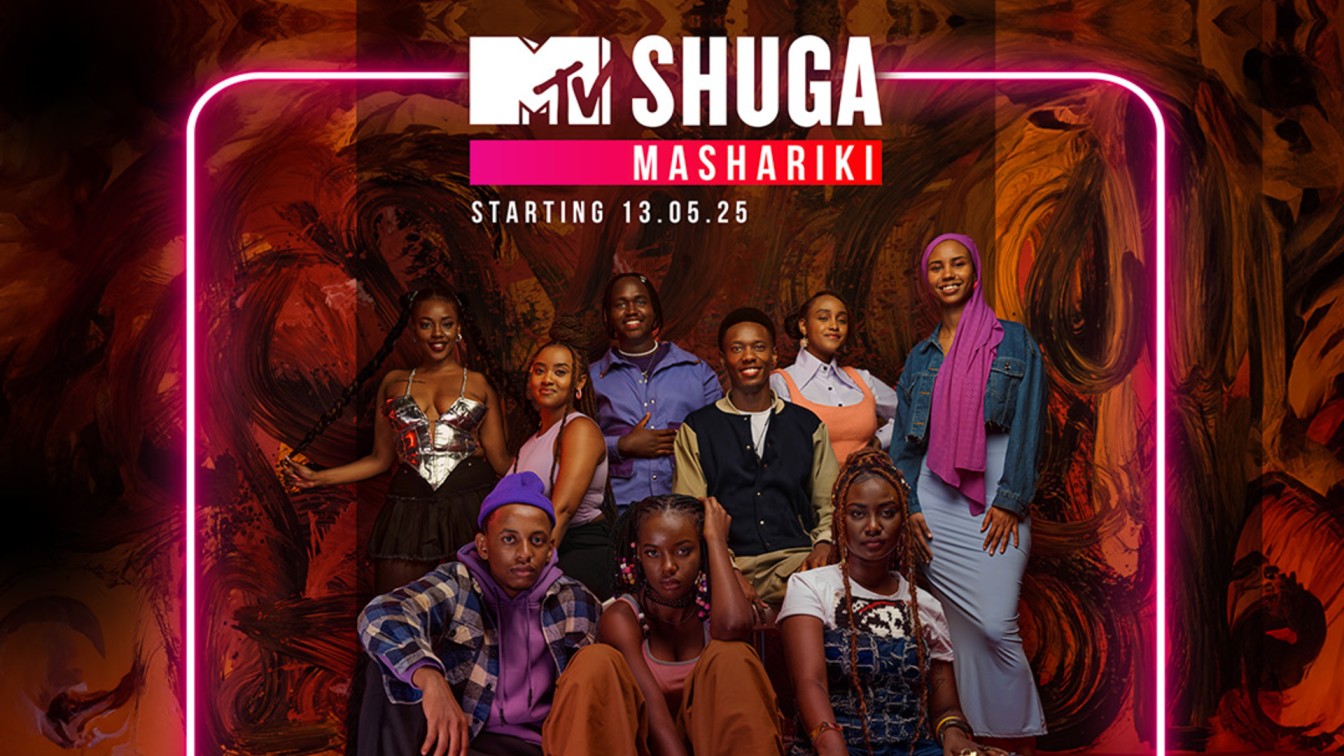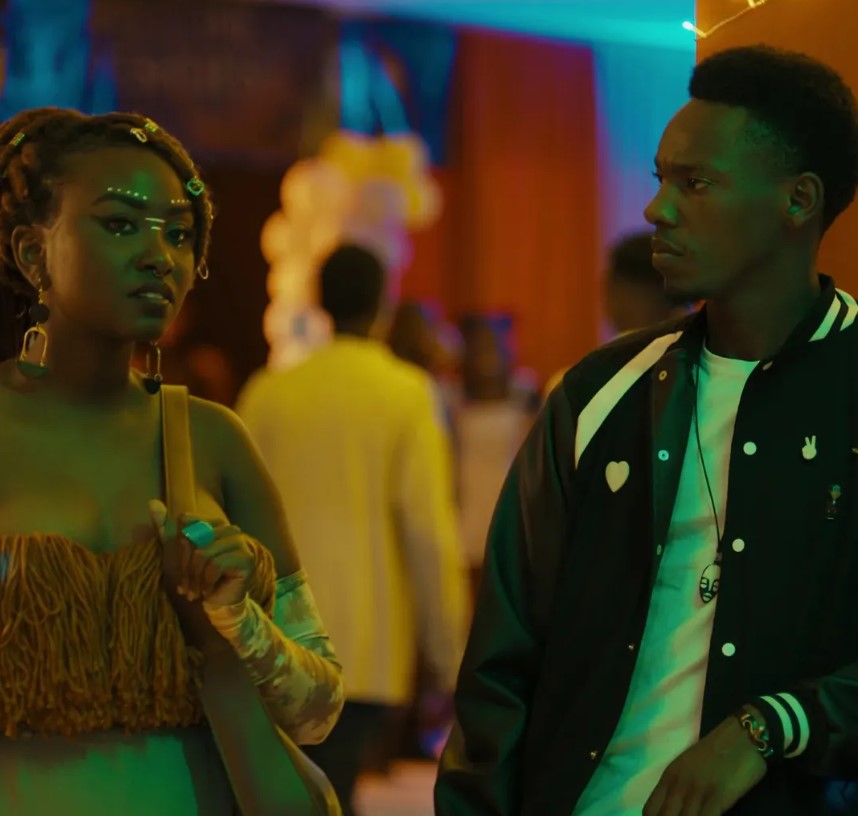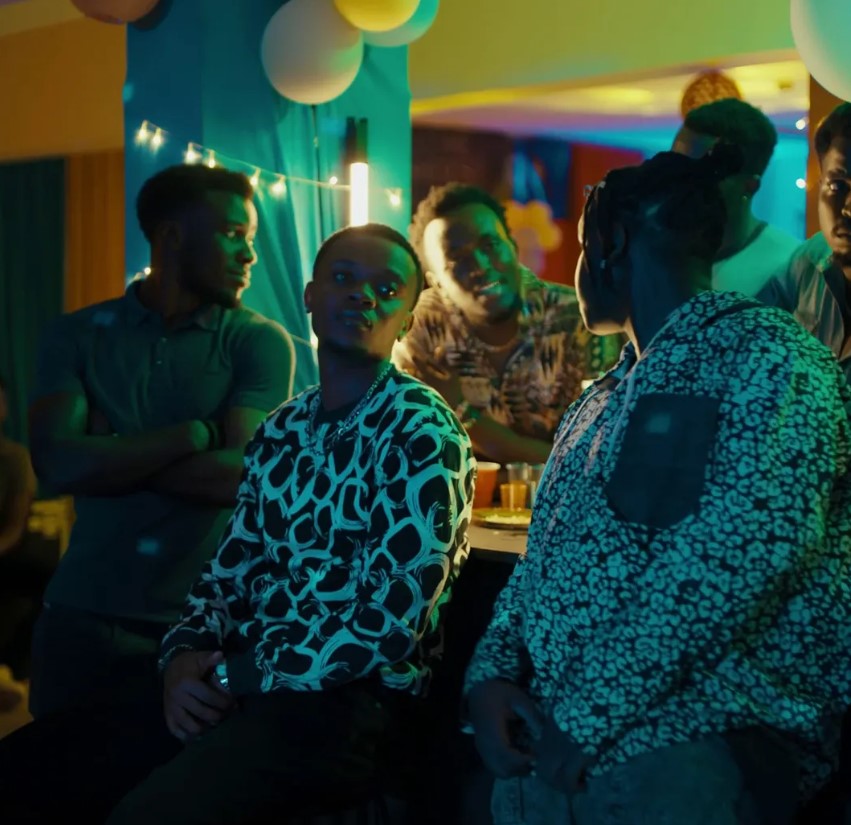MTV Shuga Mashariki risks reducing a once-revered production to a shadow of its former self, undermined by an unrealistic portrayal of a youth culture and an overly performative aesthetic that feels more curated than lived.
By Frank Njugi
In Kenya and across Africa, MTV Shuga stands as one of the most influential media interventions in contemporary youth culture. First commissioned in 2009, by the MTV Staying Alive Foundation in association with PEPFAR, the Partnership for an HIV-Free Generation (HFG), and the Government of Kenya, the series was part of a multimedia campaign to promote responsible sexual behavior and social tolerance among African Youth.
MTV Shuga captured the nuances of urban African youth culture in ways few shows had before. And beyond its powerful messaging, Shuga also served as a launchpad for some of the continent’s most recognised acting talent, including Academy Award winner, Lupita Nyong’o, and Nigerian actor, Timini Egbuson.
This is the legacy that has carried the show into having iterations, such as Shuga Naija (Nigeria), Shuga Babi (Côte d’Ivoire), and Shuga Down South (South Africa). Its most recent installment, MTV Shuga Mashariki, marks a kind of homecoming, a return to the country and region where it all began. Set once again in Nairobi and named after the Swahili word for “East”, MTV Shuga Mashariki seems aimed at re-centering East Africa in a story of African youths navigating love, sex, and self-discovery in a contemporary world.

But although the attempt to explore this developmental arc is evident, MTV Shuga Mashariki, based on the episodes released so far, risks reducing a once-revered production to a shadow of its former self, undermined by an unrealistic portrayal of a youth culture and an overly performative aesthetic that feels more curated than lived.
The series opens at a breakneck pace, only providing hints of its main plot while cramming numerous characters and conflicts into the first 20-minute episode. It leaves the viewer to piece together the threads in subsequent ones, ultimately diluting the initial experience.
This is coupled with one of the followable storylines being the introduction of a university Rugby team and its players— a narrative arc (and its subtext) which reveals a disconnect: the whole dynamic around it raises questions about how well the producers grasp the prevailing social dynamics in youth institutions in Kenya and the broader region.
The disjuncture between the show’s diegetic world and the lived realities of young Kenyans becomes a recurring shortfall in MTV Shuga Mashariki. Most noticeable is in its treatment of university life, the show’s supposed central setting.
Instead of grounding parts of the story in maybe classrooms, or any authentic university setting where characters should meaningfully exist as expected, it invests more screen time in clubs and glossy fanfare. This choice sacrifices the opportunity to tell a richer story of African youths in today’s world.
The result is a production that feels detached and overly manufactured. Nairobi’s vibrancy is an undeniable part of youth culture, but reducing young people’s lives to a continuous loop of escapism with no substantial respite undermines a depth that MTV Shuga has so compellingly championed before.
The second episode gestures a bit towards a redemptive turn through the character arc of Salaton (portrayed by Basil Mungai), who is a rugby star haunted by a troubled past. He hides secrets–such as being HIV positive–which challenge his views on love, trust, sex, and responsibility. His backstory and narrative aligns with the thematic core that distinguishes MTV Shuga’s commitment to probing that which stands alongside the emotional, relational, and sexual realities of Kenyan and African youth.
However, even this promising arc is undermined by structuring choices that relegate it to the periphery. Salaton’s internal struggles and relational tensions unfold while compressed into fleeting scenes, as the plot diverts attention mostly to side antics rendered with the melodramatic intensity of a soap opera.

The imbalance in narrative focus of not only his but also other characters as well, dilute the emotional gravitas their stories deserve. There seems to be an obsession in this new MTV Shuga iteration of trying to be ‘on-trend’, with the showrunners appearing too desperate to make the show appear cool, as an aesthetic overdrive overshadows everything else.
At various points, MTV Shuga Mashariki gestures toward the advocacy we know championed by Shuga, such as discussions of HIV/Aids, PrEP, assault, and moral policing. But it abandons these threads prematurely, never allowing the issues to marinate as it aligns them with plot tactics that dilute their impact. This results in a sensationalist and uneven treatment that may undermine the seriousness of the subject matter.
By the third episode, it becomes evident that the characters fail to establish a sufficiently inviting presence as well, as a viewer struggles to recall some of their names. A likely consequence of the spectacle that dominates many scenes and dialogues, offering little narrative progression and no psychological depth to foster identification or sustained engagement.
Cinematically, the show is undeniably striking, maybe thanks to Enos Olik’s stylish cinematography. However, it’s worth noting a worrying trend in Kenyan series released this year: a noticeable prioritisation of visual aesthetics over narrative depth, where form is increasingly overshadowing substance.
MTV Shuga Mashariki employs a prolific aesthetic—one that captures a youth culture as glittery and hyper-contemporary—to camouflage very glaring flaws. The result is a production that feels like a cacophony of contradictions: beautiful to look at, yet uneven in substance, with style outweighing storytelling integrity.
This question of storytelling integrity becomes even more pressing when one considers further the glittering aesthetic and fanfare that it offers. While visually captivating, one is left to wonder: how much of it resonates with the lived realities of Kenyan youth, particularly university students, in the context where the show is set? Even the exaggerated side antics, those rendered with the heightened melodrama, feel foreign, curated, and ultimately unreflective of what primarily shapes youth experiences in Kenya.
The disconnect results in MTV Shuga Mashariki, despite its geographical setting, feeling like a Kenyan iteration of an American YA film, one that is polished, stylised, and aspirational to a fault.

With this, MTV Shuga Mashariki distances itself from the authenticity that film, as an art form, is meant to evoke. It constructs a utopian version of urban East African youth life, where the rawness, contradictions, and socio-experiences are sidelined in favor of clean wardrobe aesthetics and the need for an overly contemporary image of Kenyan youth.
A film is a petrified fountain of thought. And for these thoughts to truly resonate on screen, authenticity is paramount. In the case of MTV Shuga Mashariki, the showrunners are in a franchise with a well-defined social and narrative DNA. The thematic scaffolding already exists; what remains is the responsibility to translate it with honesty.
However, so far, with MTV Shuga Mashariki they seem to do the opposite, as it becomes a pursuit of style and cultural cachet that indulges in an overinvestment in self-image. The result is a production that, while boasting a remarkable ensemble of rising Kenyan talent and near-unmatched production value, feels very overstated and emotionally disengaged, ultimately stripping this MTV Shuga iteration of any raw immediacy. It is like a Nairobi story that forgot Nairobi exists.
MTV Shuga Mashariki airs every Tuesday at 09:00 CAT on BET
Frank Njugi is an Award-winning Kenyan Writer, Culture journalist and Critic who has written on the East African and African culture scene for platforms such as Debunk Media, Republic Journal, Sinema Focus, Culture Africa, Drummr Africa, The Elephant, Wakilisha Africa, The Moveee, Africa in Dialogue, Afrocritik and others. He tweets as @franknjugi.




